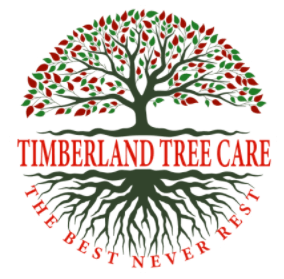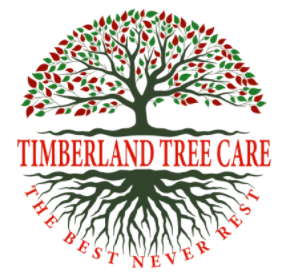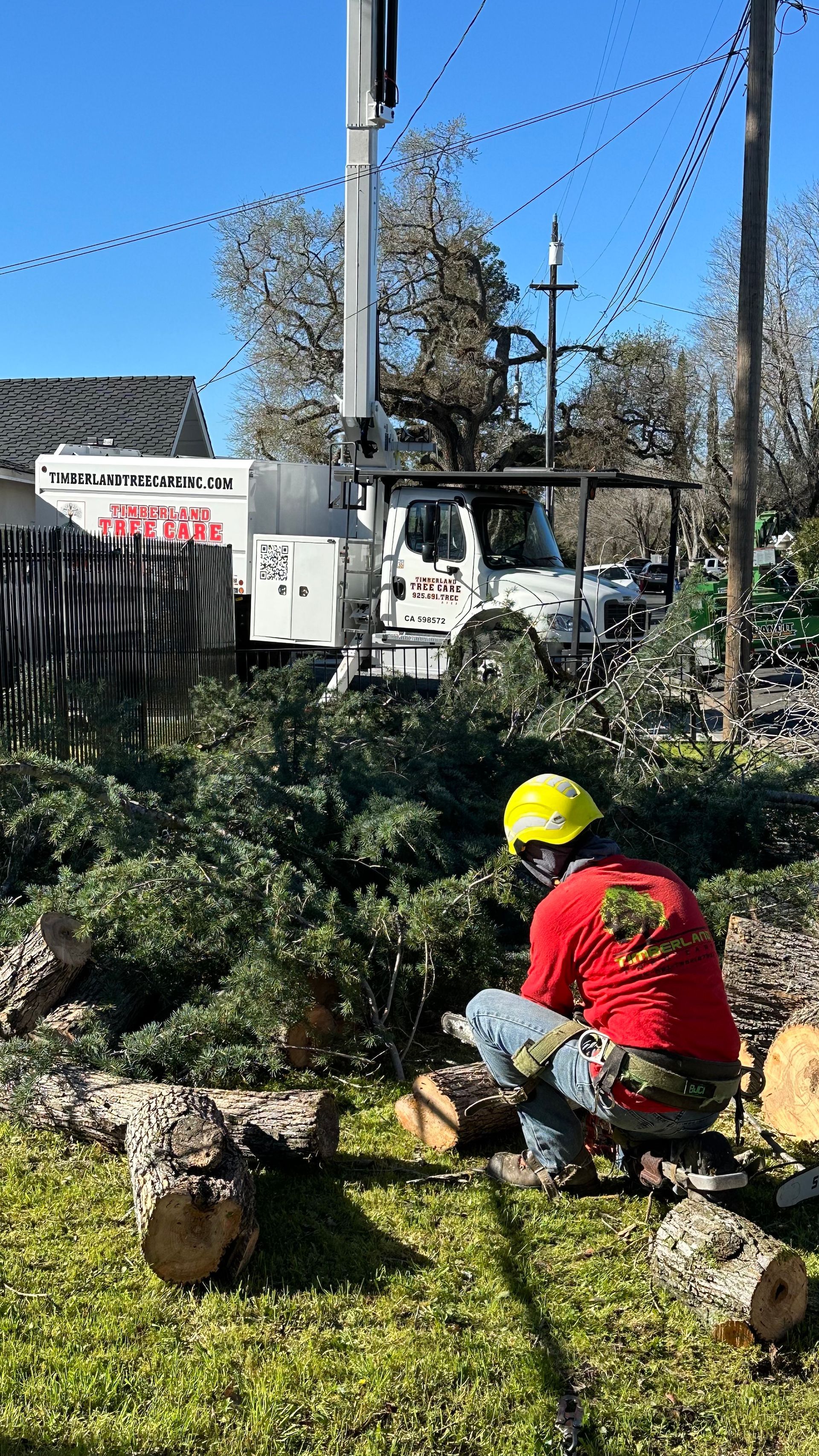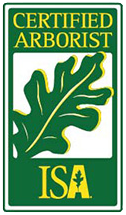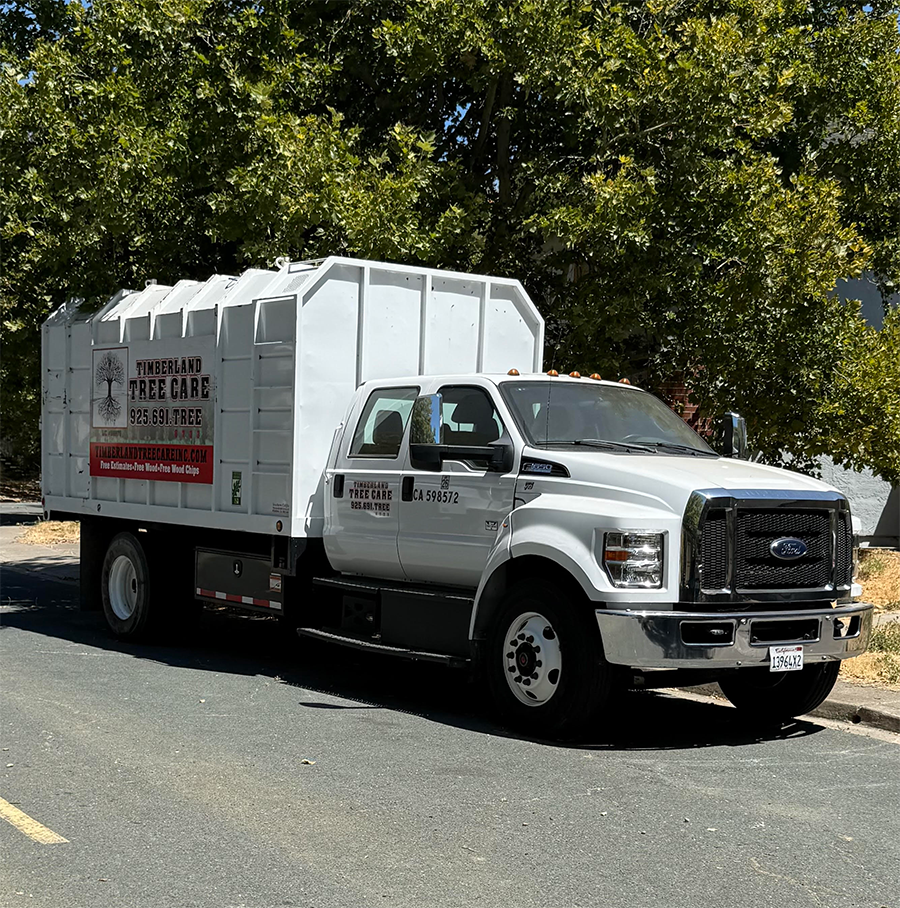
We frequently find ourselves passing by residences adorned with grand, beautiful trees and often take a moment to remark on how these majestic natural features significantly enhance the overall allure of the landscape. These well-kept trees add a touch of elegance and character, contributing positively to the neighborhood’s aesthetic appeal. Conversely, we are all familiar with trees that, whether due to overgrowth or neglect, detract from a home's charm, making it appear unpleasant and uninviting. This awareness serves as a striking reminder of the dramatic aesthetic impact that well-maintained trees can have on your property, particularly concerning its market value and curb appeal. However, it's crucial to acknowledge that many individuals often overlook the important safety implications associated with regular tree maintenance. Neglecting this critical aspect not only poses tangible risks to yourself and your home but can also extend to your neighbors and beloved pets, potentially leading to significant and unforeseen costs.
Let’s delve a little deeper and take a closer look at some of the dangers that can arise from failing to properly maintain your trees.
Your Home and Property
Structural damage is probably the most common form of damage caused by poorly maintained trees. Some trees, such as weeping willows, can quickly add more new growth than their limbs can handle in just a single season. All it takes is a minor storm to rip one of those branches free, which can then fall to damage your fencing, landscaping, or roof.
Repeated Damage to the Tree
Given the seriousness of not appropriately maintaining your trees, this one is relatively low on the priority list. Still, if you love your property and care for the trees and shrubs that you have, it should be important to you. Failing to maintain a tree for an extended period of time can result in more damage to the tree than is necessary.
Let’s say you’ve got a dead limb rather high up in the canopy. This is a fairly common occurrence. If that limb is diseased or infested with bugs or fungus, leaving that limb attached could allow the affliction to spread. If the limb is dead or damaged, that limb could fall at any time, potentially damaging the limbs under it. Further, the tree is sending energy toward that limb when it doesn’t need too, potentially weakening the entire plant. If a large limb falls on a person or pet it could seriously injure them.
Reputation & Value of Your Neighborhood
While not an immediate threat in the strictest sense of the word, for the sake of fostering a positive community spirit, it’s essential to keep your trees well-maintained, as this benefits the neighborhood as a whole. Consider particularly the new families relocating to your area or neighbors who are putting their homes on the market. Keep in mind that these individuals aren't merely acquiring a house; they are investing in a community. Neglected trees can deter potential buyers from choosing a home in your neighborhood. Beyond the notion of good neighborliness, if homes in your area are unappealing to prospective buyers, it could negatively impact your own property value.
Injury or Death
Neglecting tree maintenance poses one of the most significant risks, potentially leading to injury or even death. The harsh reality is that without proper care, branches, limbs, and debris may fall, resulting in damage to your property, harming others, or worse. Ultimately, it is your obligation to ensure that your trees are safe.
When it comes to maintaining your trees—especially those that are tall or have expansive canopies—it's best to enlist the help of a professional. Make sure that you and the specialist you hire are well-acquainted with the local regulations regarding tree trimming. For instance, some areas permit trimming branches that extend into your yard, provided their roots are situated elsewhere. Above all, prioritize the upkeep of your trees to help foster a secure, joyful, and injury-free community.
If you have trees that need attention, give us a call or fill out this form, to schedule a free evaluation. tio

